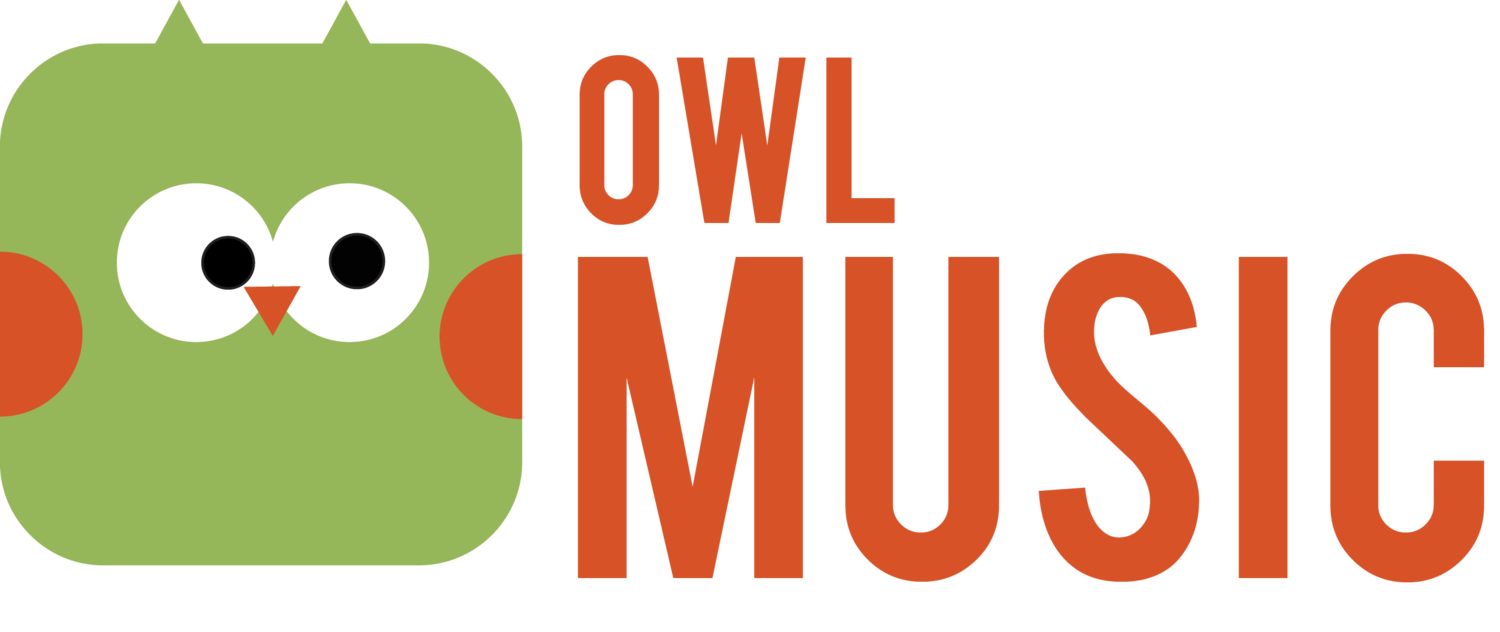As I discussed in a previous post, I don't teach beginners to read music. So, if we are not reading music, what am I teaching?
1. Tone production. A musician's most valuable asset is the quality of the sound he or she produces with their instrument. Developing a sound that people actually want to listen to is one of the most important tasks a young musician undertakes. There is a reason why Louis Armstrong became world famous. His tone, both as a trumpeter and singer, is instantly recognizable for its unique beauty. To be sure, any great musician is sure to have a great sound. It takes time and work to achieve a great tone, but the effort is worthwhile. It's also a reason why I encourage my students to discover and listen to great musicians. What they hear will determine how they create their own sound. One of our main goals in beginning band is to learn how to produce a beautiful sound on the instrument.
2. Breathing. Having a great sound starts with taking a good breath. In band, we learn what's called the "backswing" breath in which we compare breathing to bringing a tennis racket or baseball bat back before the swing. The lungs fill quickly and easily with air, and the resulting sound is fuller and more relaxed. Retired New York Philharmonic first trumpeter Phil Smith, who was famous for his beautiful sound, produced music on his trumpet as rich and full as cheesecake. His first step in everything he played: a good breath.
3. Hand and body position. I teach my beginning students how to sit and hold the instrument properly from the beginning. The best players "make it look easy," and that's because they play in a relaxed way, using only the amount of energy needed to achieve whatever effect they are after. Watch a video of virtuoso musician Rafael Mendez and you will be struck by how easy he makes it look, even as he races through "The Flight of the Bumblebee." He achieved that virtuosity by having a good physical relation to his trumpet. In beginning band, we learn how to play in a relaxed way.
4. Tonguing. As a private trumpet teacher during the past 20 years, I have encountered the following scenario too many times when meeting a new student. I begin by asking the student to play me something so that I can assess his or her level. Whether it's "The Saints Go Marching In" or an exercise from their school band book, the new student—almost without exception—plays their instrument without employing their tongue properly. They do something I call "puffing." Puffing makes it virtually impossible to play anything fast or smooth, so students who have this problem face an insurmountable obstacle in their path to mastery. With this bad habit, each note is produced by a separate puff of air, like speaking while pro-duc-ing each syl-la-ble with a sep-a-rate ex-hal-a-tion of air. (If you found that hard to read, then you understand the problem of puffing in music.) Rather than flowing, the music starts and stops.
I am puzzled that so many young musicians learn to play without knowing about the proper way of using their tongue. (Maybe it's because their band teacher is a violinist and doesn't know what tonguing is.) In my band program we practice correct tonguing ad nauseam with the goal that everyone should know by the end of the year how to tongue correctly.

